A Psychoanalytic Take on the Perils of Techno-Parenting
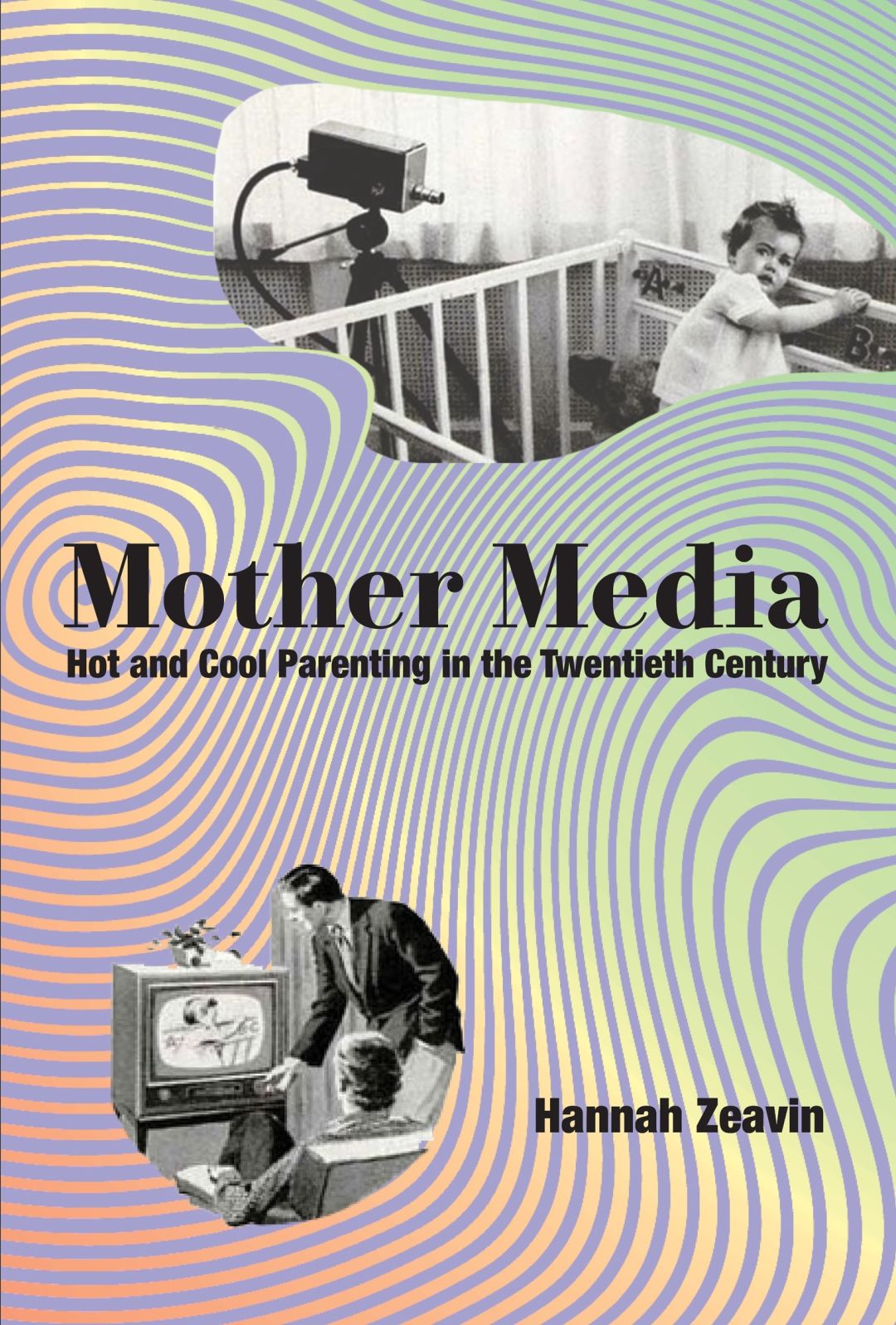
You’re reading a past edition of our weekly Things to Do column, about the concerts, art shows, comedy sets, movies, readings, and plays we’re attending each week. Read the current installment. Sign up to receive it in your inbox.
In 1946, Benjamin Spock urged America’s mothers to trust themselves. Modern medicine was honing a standard of scientifically “correct” pediatric care, terrifying and paralyzing new mothers, and Dr. Spock offered an alternative. “You know more than you think you do,” he cooed, ever so reassuringly, in The Common Sense Book of Baby and Child Care, which became one of the most popular titles of the twentieth century, selling 50 million copies.
Alongside Sesame Street and the Nanny Cam, Spock is one of many cultural touchstones psychology historian Hannah Zeavin wields in her new book, Mother Media, which traces the roots of twenty-first century ideals of motherhood. Instead of scientific correctness, Zeavin’s subject is the present conundrum of techno-parenting: the iPads and automated rockers that, while purporting to solve the perennially impossible task of parenting, have perhaps made it more difficult. At Powell’s on Thursday, Zeavin, who is also the founder of the psychoanalytic magazine Parapraxis, will chat about the book with Portland novelist Lydia Kiesling (7pm, May 22).
“Everything redounds to mother,” Zeavin told Interview magazine recently, describing popular and oppressive conceptions of the mother’s role in society. “What she conveys to the child is everything.” And in turn, “she alone is responsible for childhood development and outcomes.” Reducing a child’s success to a simple series of inputs and outputs reflects the cooly scientific pediatric care of the early 1900s. It also resembles early media studies theory. Both, Zeavin points out, prioritize content over the effects of their delivery mediums themselves. Marshall McLuhan’s influential concept of hot and cool media offered a counter theory, arguing that the types of media people consume have a greater effect than the information they’re trying to pass along. Hot media, like movies, do all the work for you; cool media, like newspapers, require that you fill in the gaps. Zeavin’s subtitle, Hot and Cool Parenting in the Twenty-First Century, borrows this thinking and applies it to raising kids.
That is, similar to Spock’s regressive approach, perhaps an army of computers optimizing child-rearing has its own unintended consequences. It’s a matter of seeing the forest for the trees. Unlike Dr. Spock’s book, however, Mother Media is no manual. It’s a study attempting to contextualize the societal standards most of us were born into. True to her psychoanalytic influences, Zeavin is more interested in letting the reader figure out what to do with the information. “I’m so allergic to the idea of advice,” she told Interview. “No one ever wants it.”
More Things to Do This Week
VISUAL ART Antonia Kuo
Thru June 14 | Adams and Ollman, FREE
Do you “take” or “make” a photo? Kuo, who’s based in New York, makes “photochemical paintings” with light-sensitive paper and replicates industrial mechanisms—turbines, chevrons, pipes—in sculpture. Thematically, these recordings, as it were, connect industry to biology. A concurrent show at Chapter New York, Milk of the Earth, compares motherhood and mining. Subcycle, which is her first solo show on the West Coast, borrows the industrial term for a small process occurring within a larger system, like a child growing inside a mother.
MOVIES Secret Mall Apartment
7PM FRI, MAY 23 | TOMORROW THEATER, $15
In 2003, a cohort of Rhode Island School of Design students illegally moved into a local mall. With their professor, Michael Townsend, the group constructed a 750-square-foot apartment hidden in a neglected corner of the mall. It was a performance art project responding to a TV commercial in which a mother says the mall is so great she wishes she could live there. But it said something larger about the nature of art: Could simply crafting a space to live be art? What could living amid Macy’s and Orange Julius and Abercrombie say about modern life? This secret mall apartment, the subject of Jeremy Workman’s new documentary, was supposed to last a week. As the doc shows, it instead went on, undetected, for four years, twisting and growing its message and motives along the way.
SPECIAL EVENTS VOID Tattoo Fest
May 23–25 | Jupiter & Jupiter NEXT, $25+
Portland’s favorite converted motor lodge, the Jupiter Hotel, has hosted plenty of tattoo pop-ups, but this may be the biggest. During the inaugural VOID Tattoo Fest, dozens of local and international artists will fill the Jupiter and its bougie appendage, Jupiter Next, putting on seminars covering various tattooing techniques (reserved for professional tattooers) and tattooing the public. Most of the tattooing will happen at a convention-style event at Next, though several OG Jupiter rooms will also be redressed as temporary tattoo shops. If you’re not getting tatted, no worries; several art shows are planned throughout the weekend, as well as DJ sets and after-parties at Hey Love.
Elsewhere…
- Alex Ross Perry’s über-self-referential Pavement documentary, Pavements, “a beautiful hat on a hat.” (Mercury)
- Langbaan pastry chef Maya Erickson hangs with Gigi Hadid and tries to “beat Bobby Flay.” (The Oregonian)
Share this content:



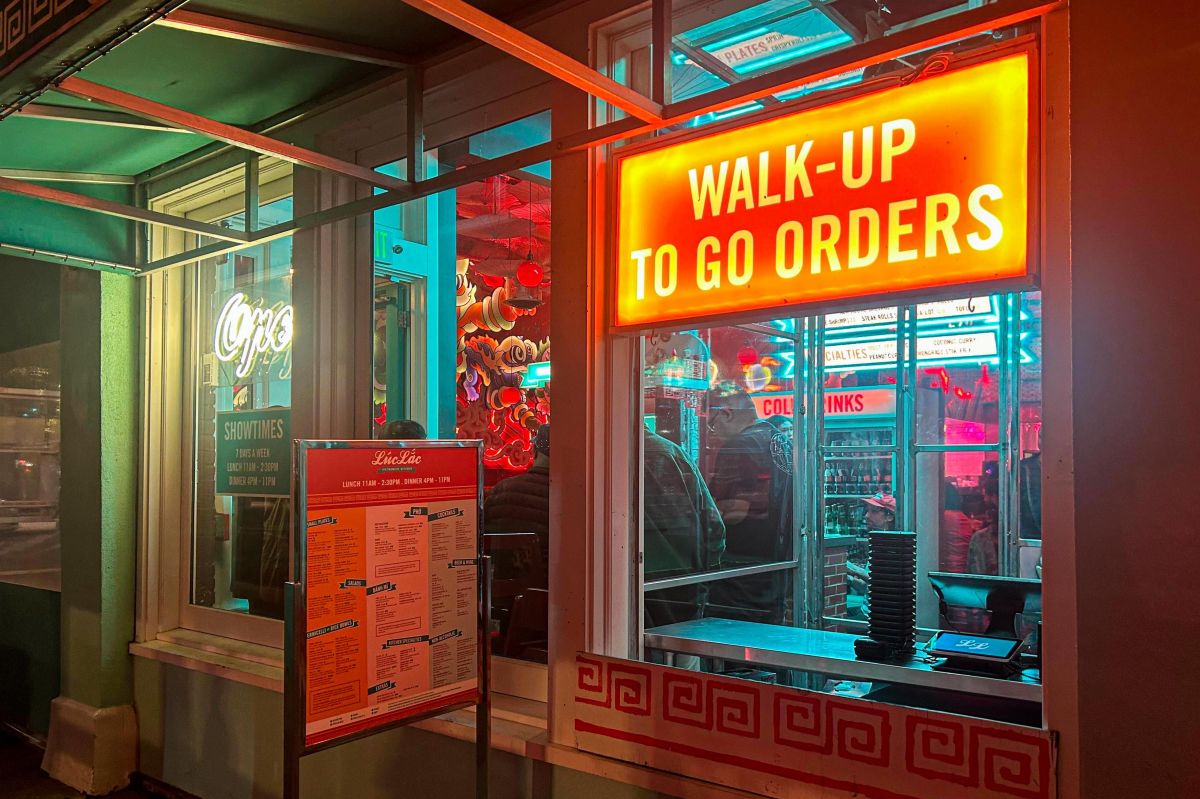
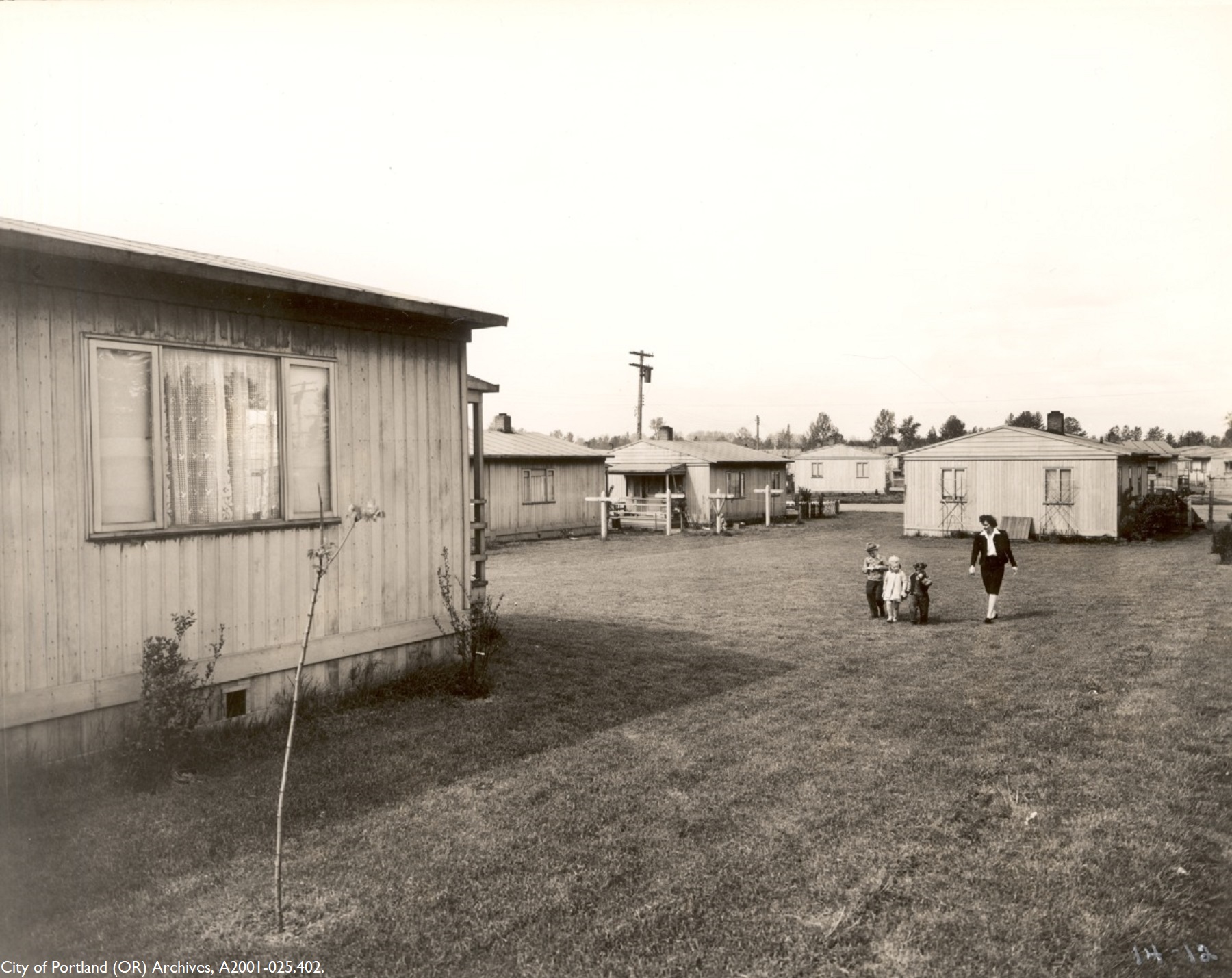


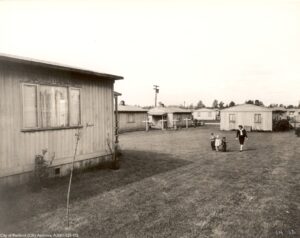
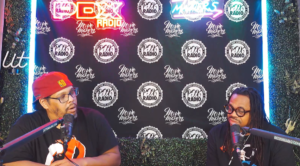




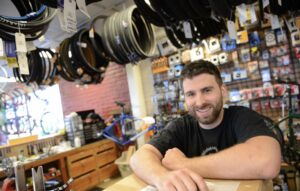

Post Comment